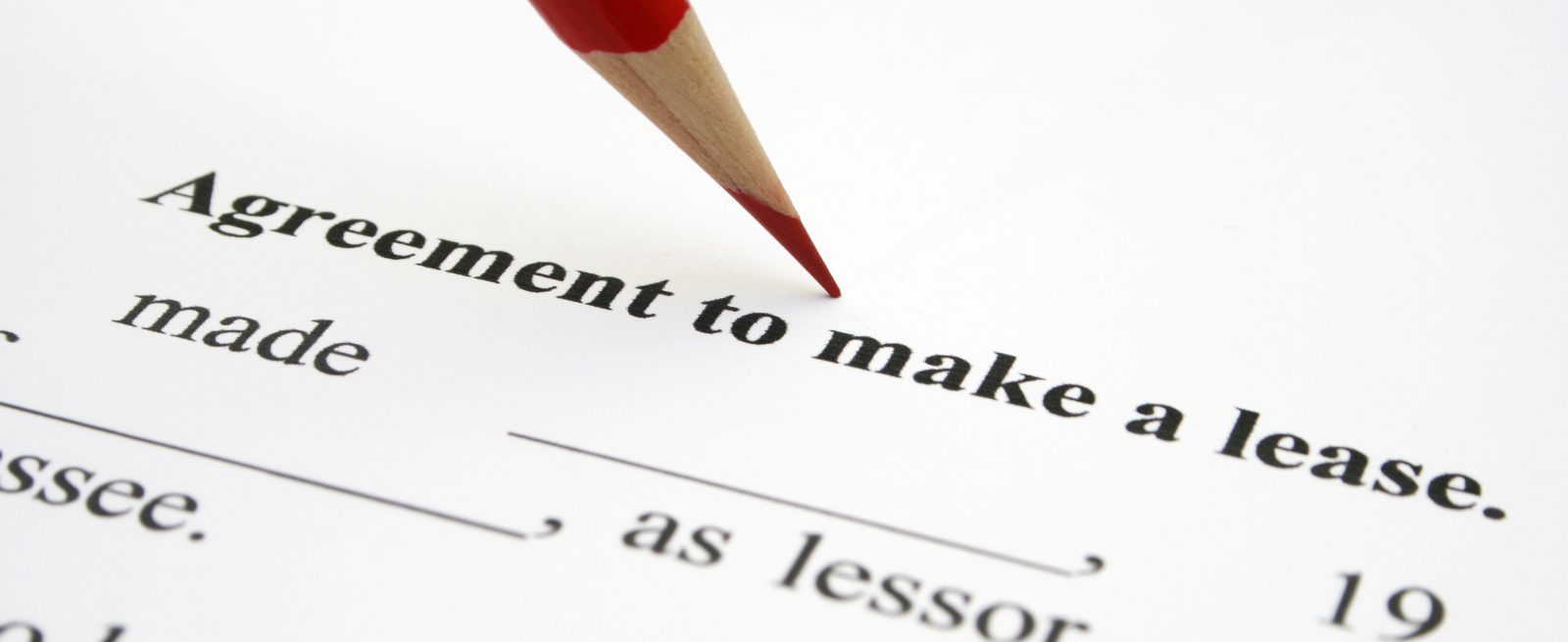Restructuring Your Commercial Lease in Times of Crisis
4 Min Read By Jeff Howell
Safe to say, the world as it is today is a vastly different place than it was when you first signed your commercial lease. Unforeseeable circumstances— sometimes referred to as ‘force majeure’ or ‘acts of god’— have a way of complicating business. With the recent social distancing and subsequent economic slowdown caused by the COVID-19 outbreak, many restaurants find themselves struggling to stay afloat.
One of the most crucial issues to deal with is how to make your contractual payments— such as your lease expenses— when your company is bringing in little to no revenue. There are very few businesses that can afford to sustain these payments during times of extreme economic stagnation.
While it can seem harsh for your landlord to keep demanding payments, it has to be remembered that they’re in a similar situation. Landlords also have large expenses, such as property insurance and mortgages, that they need to make monthly payments on; they rely on collecting rent from to make those payments.
Usually when a tenant stops paying rent landlords can either sue for the money or evict them. Under such extenuating circumstances, however, these options may not be available to the landlord; instead, it can make more sense for you to work with your landlord to find a mutually beneficial arrangement.
Negotiating a temporary rent abatement in exchange for an early extension is a good middle ground that benefits both parties.
So, what would such an arrangement look like? Negotiating a temporary rent abatement in exchange for an early extension is a good middle ground that benefits both parties.
A rent abatement is an agreement through which the tenant is allowed to temporarily suspend their lease payments or reduce the amount they need to pay each month. This can prevent your business from declaring bankruptcy, while still having the potential for your landlord to receive some payment.
There’s no hard-and-fast rule as to how much your rent will be reduced, or for how long. That will depend on a series of factors such as:
- How well your business is currently doing
- Whether or not your landlord is able to reduce some of their own payment obligations
- How long the economic slowdown lasts
Leverage your relationship with your landlord and try to find a solution that works for both parties. Remember, your landlord most likely does not want you to declare bankruptcy. If that were to happen, they would need to go through a long, complicated legal process to try and get the money they were owed, and even then they would probably only receive a partial payment (with few if any new prospective tenants to lease the space). Given the current economic conditions (and the fact that many of the landlord’s tenants are likely experiencing financial difficulties), they are highly incentivized to come up with an alternative payment plan.
With that being said, however, your landlord still needs to benefit from the agreement. This is where the extended lease comes into effect.
By extending your lease past what you had originally agreed, you’re guaranteeing your landlord more revenue than they initially expected to receive when they signed you as a tenant. This extra revenue is meant to compensate them for the missed payments that they’re going to have to absorb during the period of abatement.
Ideally, the lease should extend long enough to make up for, or exceed, the abatement payments that they would have received. To illustrate this, look at the following chart that illustrates two different scenarios: one with a normal rental payment plan, and one with an abatement that’s offset by an extension.

As you can see, under the normal scenario, the tenant is making payments of $1,000 for the remaining 10 months in the year, leading to a total of $10,000 paid to the landlord.
In the second scenario, however, the tenant receives a partial abatement and instead pays 40% of their rent for three months. In exchange, they agree to extend their lease for two more months at the original $1,000 payment. This brings their total rent paid up to $10,200 over a 12-month period.
The total rent received by the landlord is very similar in both scenarios. In scenario 2, they receive a little bit more rent than they otherwise would have; this can be seen as compensating them for the rent abatement (another way to view it is that you ‘borrowed’ the $1800 in leased payments from your landlord, and are now paying it back with interest).
A lease extension can help compensate your landlord for the leniency they grant you. It can also be beneficial to your business; if you were please with your location and planned to renew in the future, you can view this as a win-win scenario.
There are other ways to compensate your landlord for the rent abatement, too. Some alternative options may include:
- Agreeing to renew your lease at a higher rental rate. This can have the same effect as above, although it will be more beneficial to your landlord. Under this option, you may be able to negotiate lower payments during the abatement period.
- Negotiating a formalized payment plan. It’s also possible to accept the abatement and then agree to repay the money to your landlord in a series of installments once business normalizes. This could be a good way to go if you or your landlord were not looking to renew the lease.
Whichever route your chose to go, extenuating circumstances can require collaborative and sometimes creative solutions. Remember that your landlord likely does not want you to declare bankruptcy, and there is probably an agreement that can be reached that benefits both parties in the long run. An abatement with a lease extension is a good middle ground that benefits both parties.


